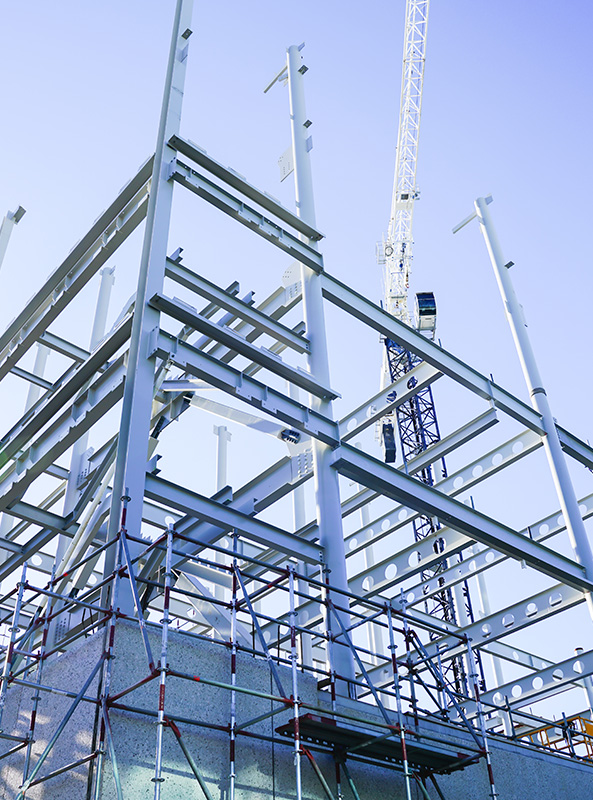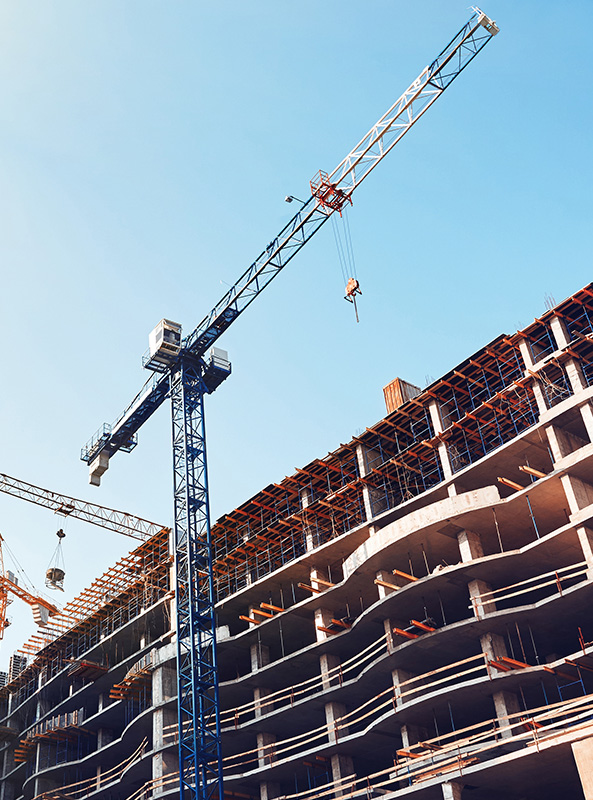Why Competence Matters Now More Than Ever
In recent years, the built environment has undergone sweeping reform. At the centre of this transformation lies a deceptively simple concept: competence.
It’s not just about having qualifications. It’s about the ability to consistently deliver safe outcomes through the right mix of:
- Skills
- Knowledge
- Experience
- Behaviours (SKEB)
And it’s not just individuals that need to be competent, entire organisations are now being asked to prove their capability.
Competence is now a legal and moral obligation especially for those working on or managing higher-risk buildings.
Learning from the Past and Moving Forward
The tragic events of the Grenfell Tower fire revealed a systemic failure in the way building safety was managed. Among many causes, one stood out:
The absence of clear accountability, oversight, and demonstrable competence across key roles.
In response, the Building Safety Act 2022 introduced a stronger, more transparent regulatory framework and placed competence at its heart.
Now, dutyholders such as:
- Clients
- Principal Designers
- Principal Contractors
must all be competent and capable and must ensure others they appoint are, too.
Competence Is Now a Legal Requirement
In recent years, the built environment has undergone sweeping reform. At the centre of this transformation lies a deceptively simple concept: competence.
It’s not just about having qualifications. It’s about the ability to consistently deliver safe outcomes through the right mix of:
- Skills
- Knowledge
- Experience
- Behaviours (SKEB)
And it’s not just individuals that need to be competent, entire organisations are now being asked to prove their capability.
Competence is now a legal and moral obligation especially for those working on or managing higher-risk buildings.
What Tools and Standards Exist to Support Compliance
Competence is no longer just a buzzword, it’s being defined and standardised across the industry through frameworks such as:
- PAS 8671 – Principal Designers
- PAS 8672 – Principal Contractors
- PAS 8673 – Residential Building Safety Managers
- BS 8670 – Core criteria for building safety roles
The Building Inspector Competence Framework (BICoF) also outlines registration levels and expectations for inspectors under the BSR regime.
Competence is More Than Training ... It's Culture
An individual may have the right competencies, but if the surrounding organisational culture is poor, safety is still at risk.
Organisations are now expected to have systems that:
- Define competence needs by role
- Manage training and supervision
- Evaluate performance and behaviours
- Monitor third-party suppliers and contractors
- Promote ethical, accountable decision-making
From Tick-Box Compliance to Demonstrable Capability
The post-Grenfell reforms mark a shift away from “box-ticking” and toward assurance through action. That includes:
- CPD and regular review, not one-off training
- Active monitoring and supervision
- Clear documentation of competence in decision-making
- Providing the “Golden Thread” of building information
Residents, regulators and clients are all asking the same question:
“Can we trust that this building is safe — and that the people managing it know what they’re doing?”
Where Do We Go From Here?
The foundations have been laid:
- The legal framework is in place
- Sector-specific guidance exists
- Regulators are enforcing new duties
Now, the focus is on delivery. That means:
- Embedding competence into procurement and contracting
- Demonstrating SKEB in appointments
- Aligning internal systems with national standards
- Supporting behavioural and cultural change across the workforce
Competence is no longer a nice-to-have. It is the price of entry for a safe, sustainable, and trustworthy built environment.
Final Thought — Competence Builds Confidence
When we talk about competence, we’re really talking about trust. Trust between professionals. Trust between residents and landlords. Trust between government and industry.
Getting this right won’t just make buildings safer — it will rebuild the credibility of our sector from the ground up.



